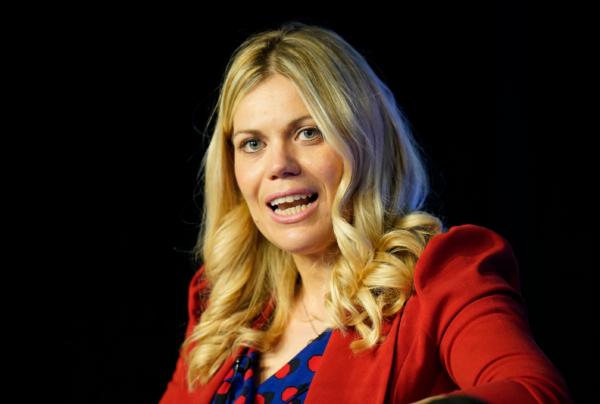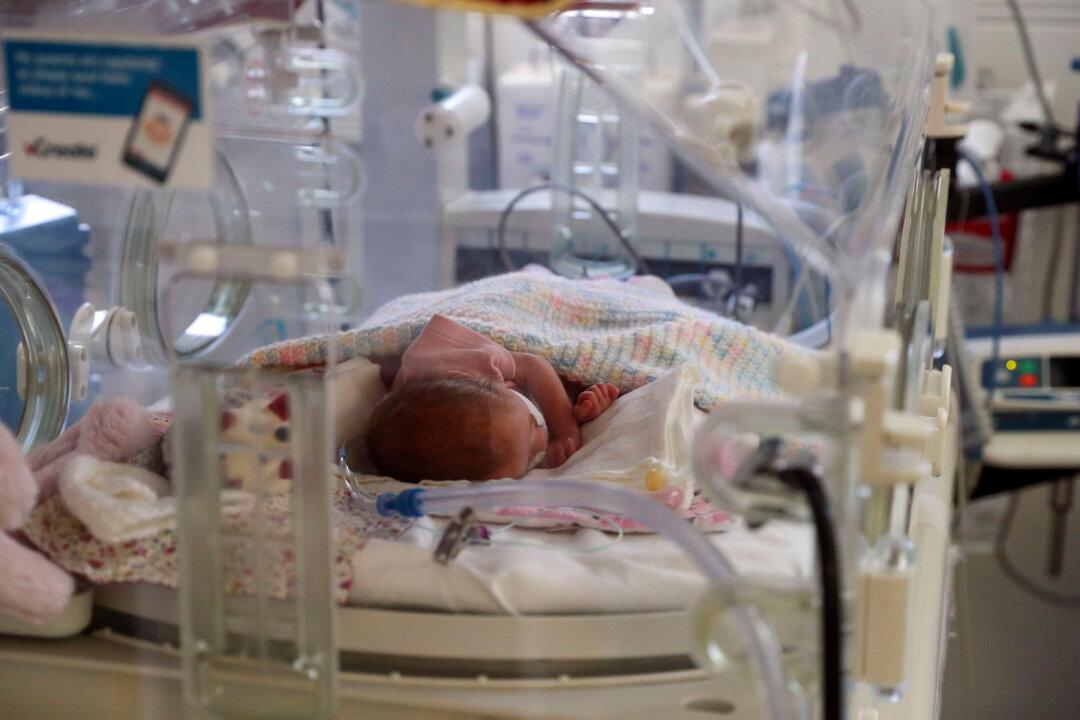“Tumbling” fertility rates will force countries like Britain to allow in more immigrants or face declines in living standards and labour shortages, research suggests.
Researchers predicted Britain’s fertility rate is set to fall further to 1.38 in 2050 and 1.30 by the end of the century.
Demographers say a fertility rate of 2.1 is needed in order to maintain a steady population.
Warning of ‘Staggering Social Change’
The co-lead author, Natalia V. Bhattacharjee from the University of Washington’s School of Medicine in the United States, said falling fertility rates in the West would lead to “staggering social change.”She said: “The implications are immense. These future trends in fertility rates and live births will completely reconfigure the global economy and the international balance of power and will necessitate reorganising societies.”
The researchers said, “Unless governments identify unforeseen innovations or funding sources that address the challenges of population ageing, this demographic shift will put increasing pressure on national health insurance, social security programmes, and health-care infrastructure.”
“These same programmes will receive less funding as working-age, tax-paying populations decline, further exacerbating the problem. Sustained low fertility rates might likewise lead to labour shortages in some sectors, potentially hindering economic growth,” they warned.
“If productivity per working-aged adult does not increase in accordance with declines in the working-age population, growth in gross domestic product will slow,” said the study.
In demographer Paul Morland’s latest book, “Tomorrow People,” he predicts Africa’s population will explode in the next 50 years while most of Europe and much of Asia will see shrinking and ageing populations.
The latest research predicts Niger would have the highest fertility rate in 2050—5.15—compared to South Korea, which would fall to 0.82 children per female.
The study said by 2100 only six countries out of 204 would have fertility rates above 2.1.
The report said, “Once nearly every country’s population is shrinking, reliance on open immigration will become necessary to sustain economic growth.”
It said, “Sub-Saharan African countries have a vital resource that ageing societies are losing, a youthful population.”
Mr. Morland said the Labour Party was also unwilling to tackle the issue for fear of upsetting feminists, while the Tories were split between a pro-business wing which wanted to see more immigration and the right of the party which “takes seriously its commitments to reduce immigration.”
He said one Tory MP who was “doing a great job of spreading the story that we need a family policy as well as immigration policy” was Miriam Cates, who has led the call for pro-natal policies, including tax breaks for stay-at-home mothers.

Tory MP Says Fertility Rates One of ‘Greatest Threats’
Ms. Cates said, “What we are facing is not a one-off population contraction but a situation where every new generation is smaller than the last. We need to wake up to the fact that falling fertility rates are one of greatest threats to Western nations and their economies.”The report said, “Due to paucity of data, we did not define the pro-natal scenario based on a specific policy or policies that have a known impact on fertility rates.”
“Rather, we considered policies such as paid parental leave, the right to return to work, and subsidised or universal childcare as pro-natal—in other words, policies that have been enacted in countries such as Australia Sweden, Denmark, Norway, Finland, and elsewhere that are thought of as making it more financially feasible to have children.”
But Ms. Bhattacharjee said pro-natal policies were “no silver bullet.”
The report said, “Social policies to improve birth rates such as enhanced parental leave, free childcare, financial incentives, and extra employment rights, may provide a small boost to fertility rates, but most countries will remain below replacement levels.”







